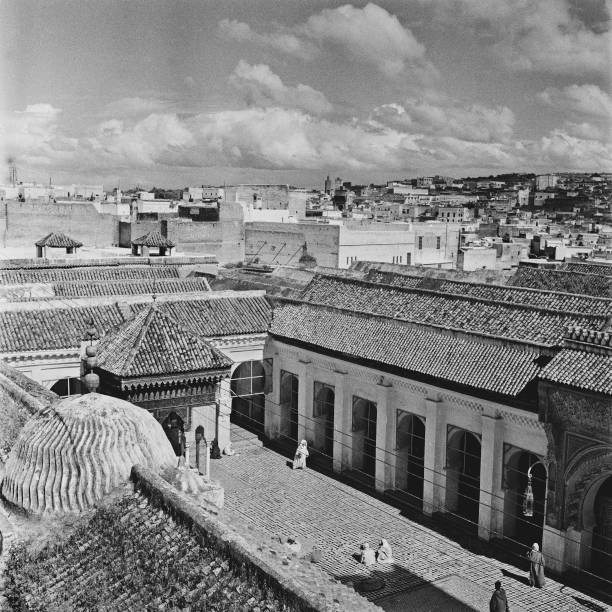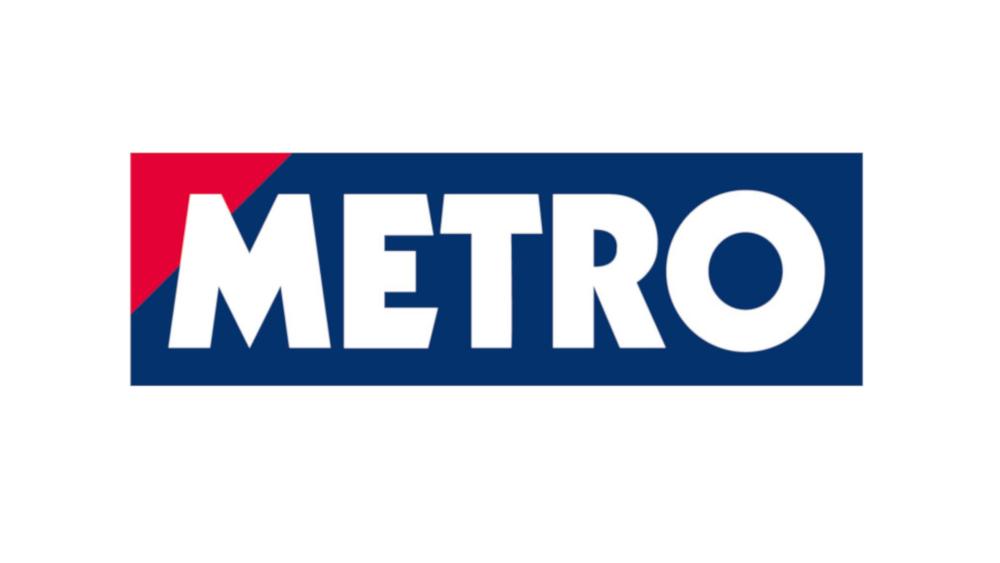Two major sporting highlights this week are the ongoing player transfers and the inaugural FIFA Club World Cup, which kicks off on Sunday. Following the conclusion of the football season last month, clubs across Europe have been active in the transfer market, aiming to strengthen their squads ahead of the 2025/26 season starting in August.
In the Premier League, clubs like Liverpool, Manchester United, Manchester City, and Chelsea have already made one or two signings before the mini transfer window closed on Friday. However, the full transfer window will reopen on Monday.
Arsenal, which is not participating in the Club World Cup, are yet to sign a striker, despite strong expectations from their fans to sign a quality forward. While speculation continues over potential signings, Benjamin Sesko or Viktor Gyökeres, nothing has been confirmed. The deal for midfielder Martín Zubimendi also remains uncertain.
In contrast, Liverpool have moved swiftly, securing three new signings: Jeremie Frimpong, Giorgi Mamardashvili, and Armin Pecsi. On Thursday, Liverpool agreed a British-record transfer fee of £116.5m to sign Florian Wirtz from Bayer Leverkusen.
The total package is £116.5m (€137.5m), made up of a £100m plus £16.5m in potential add-ons.
Manchester City have been the busiest club so far, already adding four players to its squad: Tijjani, Rayan Aït-Nouri, Marcus Bettinelli, and Rayan Cherki.
Today, attention will be on Nigerian football that has refused to develop over the years. But unfortunately, the country is reaping the failure for not developing a sector with the capacity to reduce its youth unemployment in the country by more than half. One implication of the failure to develop Nigerian football is its absence at the maiden edition of the FIFA Club World Cup that will kick on Sunday 15 June 2025.
Of the 32 teams participating in the maiden edition of this tournament, four are from Africa, with no Nigerian club. Yet we claim to be “Giant of Africa’. The African representatives are Al Ahly of Egypt, Wydad Casablanca of Morocco, Esperance de Tunis of Tunisia and South African Mamelodi Sundowns. 12 teams will represent Europe; South America has six representatives with Asia and the Confederation of North, Central America and Caribbean Association Football (CONCACAF) each having four representatives.
But sadly, no Nigerian football club is deemed good enough to be among the world best 32 football clubs that will share $1billion.
FIFA informed that the 32 clubs will share the total prize pool for the tournament, which is $1 billion. Yes, a billion United States dollar!
Over half of that total price money goes to the clubs as appearance fee, and different teams have received differently sized payouts for their participation, depending on where they hail from.
Oceania’s representative gets $3.58m just for showing up. African, Asian, and North American clubs $9.55m. South American sides get $15.21m, while European teams will get anywhere from $12.81m to $38.19m, depending on what Fifa calls “sporting and commercial criteria” (in other words: how famous and good they are).
The remaining $425m will be distributed based on performance in the tournament. Teams will earn $2m for a win and $1m for a draw in the group stage; $7.5m for qualifying for the round of 16; $13.1m for reaching quarter-final; $21m for qualifying for the semi-final; $30m for reaching the final, and $40m for winning the trophy. It should be noted that the prize money is awarded to the teams, not the players.
Away from the Club World Cup, even the Nigeria senior national team, the Super Eagles, are presently struggling. The Super Eagles failed to qualify for the 2022 World Cup in Qatar and on the verge of not likely qualifying for the 2026 FIFA World Cup in the United State, Canada and Mexico. It will only take a miracle for the Super Eagles to qualify for the 2026 World Cup.
Despite this unpalatable state of Nigerian football, those managing the sport cared less. As obtains in other sectors in the country, it is a case of everyone for himself, God for us all. What those in charge of football and other sports strive for is to be elected into their international bodies, so as to remain relevant.
The truth is that the unenviable state of Nigerian football is the result of the failure to develop the sport. While football is growing in the country, the structures needed to sustain the growth have been neglected. The neglect of these structures is responsible for the parlous state of the sport.
These structures range from ownership of the football clubs, to coaching, infrastructure, facilities and youth development among others. Developing youth involves putting in place programmes not only to discover talents but to also nurture them to stardom. Development programmes that should be the Nigeria Football Federation priority have been relegated to the background.
This nonchalant attitude to developing Nigerian football is because of the absence of political will to do so. What concerns those, who manipulate the system to get themselves elected or better put, selected into position of authority in Nigeria football is enriching themselves.
Succinctly put, corruption is the reason. Where corruption strives, impunity reigns supreme in Nigerian sports. Despite that Nigerians are very passionate about football, those expected to develop it so as to meet the yearnings of Nigerians are less concerned. Since nature abhors vacuum, this passion drives Nigerians into taking solace in European teams, especially the English Premier League.
To reignite this passion, developing the business side of football is the only way out. It has become a sine-qua-non. The need to develop Nigerian football is because football continues to offer multiple values in Nigeria including entertainment, employment, career opportunity, youth development, and rallying point for national unity and cohesion.
For the most populous black nation, with over 200 million population and about 65 percent of the youth population, football indeed holds huge prospects. Available data says an estimated 80 million youth, active and latent, watch foreign football with about 10,000 companies jostling for their attention.
The only way to key into the business side of world football is developing the game in the country. And it must begin from the management of the sport. The truth is that until we get the right people into the sport, put in place right policies, we are just joking. Against the backdrop of the transfer window that is ongoing in Europe, it beats one’s imagination that no Nigerian player is in the radar of any of the big clubs in Europe except Victor Osimhen. In a country with over 200 million people with over 65% youth population that is passionate for football, it is scandalous that the country football should be struggling. As it ought to be, Nigerian football should be churning out world-class talents every day, if the sector is given the desired attention.
Imagine the colossal financial loss to the country economy because no Nigerian football club is part of the maiden FIFA Club World Cup and also the Super Eagles failure to qualify for the last edition of the World Cup in Qatar.
Honestly, this calls for a total overhaul of the football sector with a state of emergency declared. The country cannot continue to thread the path of failure and nothing is done. The future of the youths of this country cannot be left to these charlatans who seem to lack the technical and administrative capacities to take the country’s football to where it should rightly be.
Without a doubt, having the right people to manage the sport will ensure that the ownership structure, where football clubs are the property of the various state governments is done away with. Imagine what the British government is raking from Premier League clubs in the form of income tax on annual basis. If the private sector is allowed to own these clubs, the ecosystem will be expanded. Club owners will employ high caliber coaches to manage the team. They will go for top talents that will drive the club’s goal. But this is not the case in Nigeria, as football clubs have become political tool for the state governors.



(5).jpeg)







